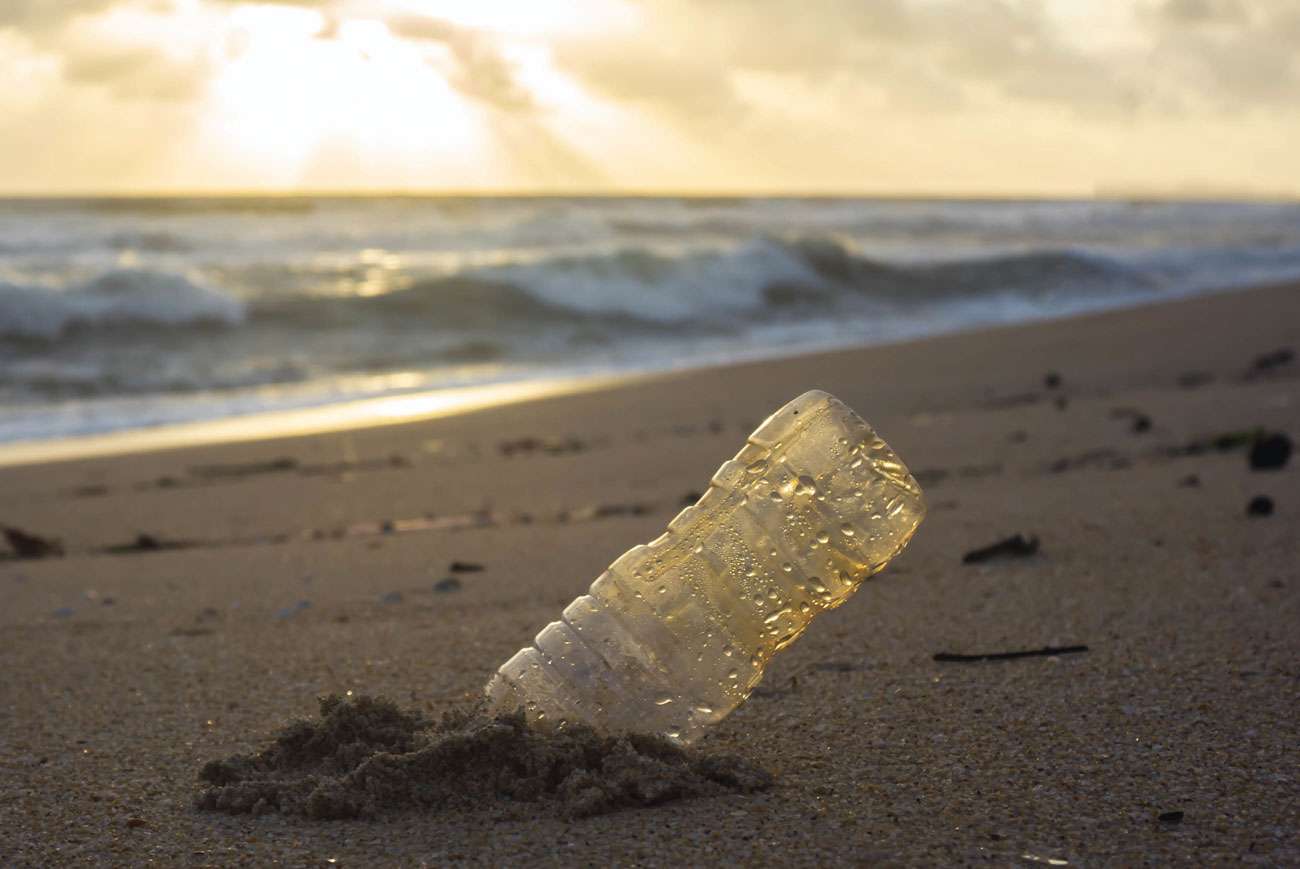
I do quite a bit of public speaking about sustainable living and climate change and one of the main things that people are focused on is plastic. Unfortunately, a lot of these people berate retailers for not providing them with paper bags instead.
PLEASE don’t ask retailers to swap plastic for paper – it generally takes more than four times as much energy to manufacture a paper bag as it does a plastic bag and paper bags require forests to be cut down of course. The manufacturing process also produces a greater amount of toxic chemicals compared with making single-use plastic bags (this research was commissioned by the Northern Ireland Assembly back in 2011).
I appreciate only too well how confusing it all is to get your head around which things are recyclable, what you should or shouldn’t be using and it would certainly help if central government to standardised recycling across the country. For example, in our own Borough you can recycle tetra packs, but in Guildford and Woking Boroughs you can’t.
If you’re unsure, visit www.waverley.gov.uk where you can download a PDF file telling you exactly what you can and cannot recycle generally – and don’t forget that everything needs to be cleaned, otherwise it will go to landfill because of food contamination! One thing I see a lot of is people putting large pieces of cardboard outside of their bins in the rain and of course, wet cardboard cannot be recycled.
In your blue bin, you CAN recycle:
- DRY paper and cardboard
- Plastic bottles including detergent bottles (please leave the lids on)
- Plastic pots, tubs and trays (including yogurt pots, takeaway trays and ice cream tubs)
- Metal tins and cans
- Aerosols and foil
- Glass bottles and jars (again, please leave the lids on)
You CANNOT recycle:
- Cling film
- Batteries
- Light bulbs
- Plastic bags
So….plastic packaging: I’ve acquired my organic vegetables from a local box scheme for the past twenty years and even though they use 75% less plastic than supermarkets, they still come in for a huge amount of criticism for the plastic that they do use.
The reasons behind these decisions are important to understand though. If we take the vegetable like chard, for example: realise that the farmer has used diesel to run the tractors ploughing and harvesting, they’ve sowed the crop, hoed it, harvested it, transported it (all pumping carbon into the atmosphere). If a product like chard wasn’t in a plastic bag, then it would wilt and no doubt you, the consumer, would throw it away, which makes no environmental sense whatsoever.
The first thing to get your head away from is thinking that plastic is completely evil and instead realise that what’s important is choosing packaging that has the lowest carbon footprint and in any case, there’s plastic and there’s plastic .
Some retailers have been doing their homework and the consensus is that compostable plastics are the way forward. This means that they will completely biodegrade (to nothing) in a home composter within 12 weeks, so if you have a garden and haven’t already got a home composter, I urge you to get one – it will provide you with free compost for your garden and also biodegrade herbivorous animal litter and compostable plastics, as I’ve said.
The confusion arises when you then read the term degradable plastics – these are NOT good at all, as they simply break down into smaller pieces (micro plastics) which are what are doing such damage in our oceans etc.
Remember that there’s no such thing in nature as zero waste, nature is cyclic, if you think about it so try your best to reduce, re-use… and recycle responsibly (after all, what’s the point of trying to use less plastic if you then go and dump a whole pile of cardboard out in the rain?!). In any case, most shops’ wholesale deliveries are delivered in unrecyclable plastics so you can only do your best – and if you’re keen to pressure retailers, pressure them to only package what really needs to be in plastic and to ensure that it’s compostable!
www.facebook.com/howtoliveagreenerlife











